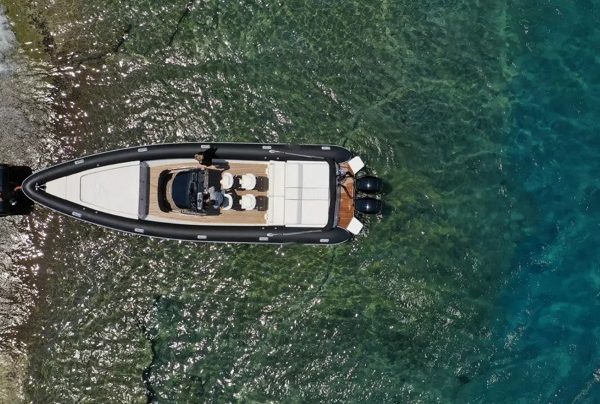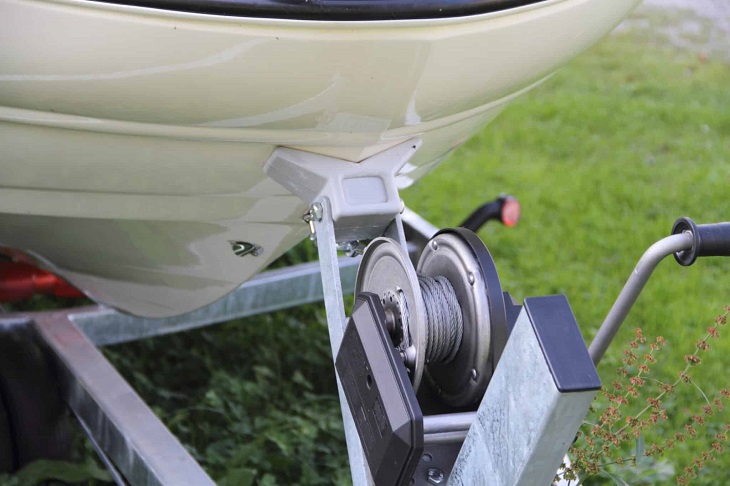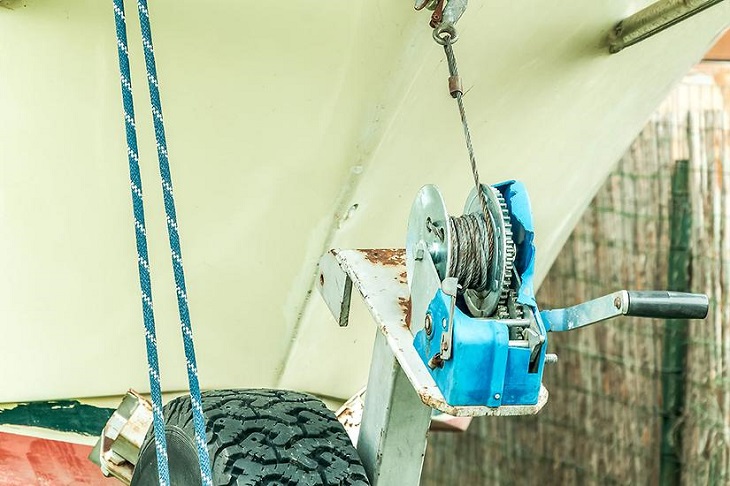28
Jun

Unless you’ve previously owned a boat, it’s easy to overlook the fact that there’s more to buying a boat than just taking possession of one. Whether it’s for maintenance or storage, boats need to come out of the water periodically, and when they do, you need a trailer with a properly rated winch to retrieve it.
Regardless of the size of the boat, a smooth-winding, heavy-duty winch is arguably one of the most convenient accessories that you can have at your disposal. This is especially true for owners who launch and retrieve their boats every time they’re on the water.
Not surprisingly, there’s no shortage of winches on the market for all sizes of boats and budgets; however, it’s helpful to know the differences between them before committing to one over another. Choosing the wrong winch can be dangerous to both the boat and yourself, and here’s some simple guidance that you’ll want to keep in mind.

It’s a fact: if you’re a boat owner, or are contemplating becoming one, then you need to carefully weigh the variety of winches for boats that are currently available. From economical, 300kg Atlantic Cadets that are perfect for hand-cranking tinnys and PWCs, to remote-controlled, 6.7HP Runvas that are built to reel in boats up to 4990kg, there are options for sale that are suitable for any size of craft, or amount of effort that you’re prepared to put into a safe retrieval. It’s necessary to consider all the factors that are involved before coming to a buyer’s decision, though. That’s because an honest assessment of your capabilities and requirements is the only way to avoid costly problems that can be mitigated simply by selecting a more appropriate winch.
Let’s be honest: winches aren’t cheap. However, when you examine the range of factors that need to be overcome to safely remove a boat from the water, cost is actually quite negligible, including:
Make no mistake: pressing an underrated, hand-cranking boat winch into service to retrieve a heavier-than-intended boat can have a host of undesirable consequences. Not only can the excess winding lead to a severe back injury, but if the webbing strap has been weakened by salt and UV exposure, it can even snap during retrieval. Neither is worth the risk, which is why the key is to always start with the strongest boat winch for sale that your trailer can accommodate.
Among all the different types of boat accessories available for everything from anchors to angling, there are only 2 types of boat winches to choose from: manual and electric. And while the most obvious difference between these tough, Austalian-made winches for boat trailers is that one requires a connection to your tow vehicle’s battery while the other doesn’t, there are clear distinctions in maintenance and safety that can’t be ignored.
High-quality, low-maintenance manual boat trailer winches are the cornerstones of budget winches for small and medium-sized boats, and offer a range of features that include:
Powerful, 12V / 24V electric winches for boat transporters are engineered specifically to make launching and retrieving boats and PWCs up to 4990kg / 7m – 9m in length easier and safer, and they feature:
Electric boat winches for sale can even be double-lined, effectively doubling the pulling torque that can be applied on difficult retrievals. It’s proof that your choice in straps and cables is just as important as your selection of actual winch hardware.

Although it’s easy to get lost in the technical specs of the various grades of winches, it’s the strength and reliability of their straps and cables that have the most significant impact on safety and lifting capacity. Modern boat trailer winches for sale are typically outfitted with either UV-protected nylon winch straps or galvanized steel cables, each boasting its own hardy set of durable qualities.
Nylon winch boat trailer straps require greater caution and oversight to spot fraying, as well as degrading exposure to salt and moisture, but they also offer an array of equally beneficial advantages that include:
Multi-strand galvanized steel cable is the heavy-duty mainstay of winch cables, especially where electric winches are concerned, and they boast their own range of advantages that include:
Steel cables are also manufactured in their standard and heavy-duty configurations which, when properly oiled and protected against rust and kinking, can faithfully provide decades of trouble-free service.
At the end of the day, while winches certainly aren’t as glamorous as other articles of boating or trailering hardware, they’re no less irreplaceable. Launching or retrieving your boat shouldn’t be a hassle, and the type and size of winch you have plays a major role in how smoothly it goes.
Regardless of your boat’s size, there’s a full range of manual and electric winches for boats available to help you with safe retrieval. It’s a durable, long-term investment that you won’t regret making.